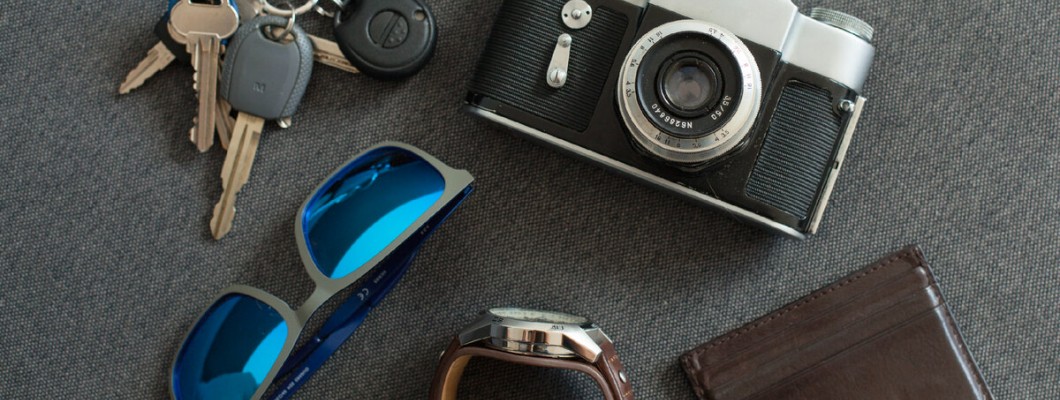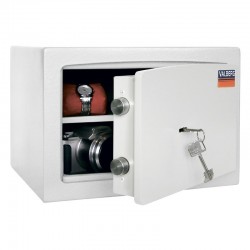
A safe is usually purchased with the idea of keeping various financially valuable or otherwise important items in it, but there are also items that cannot be stored in a safe. What are these items? Read about it in our article!
Spare keys: Whether you believe it or not, many people keep a spare key to a mechanical safe right inside the safe itself. This is quite illogical behavior because in case of losing the main key to the safe, it is impossible to access the contents of the safe, and the spare key stored in it then makes no sense. It's better to find or create a secure hiding place for the spare key, separate from the safe.
Safe combination: The situation with the safe combination is almost identical to the situation with the spare key - you won't benefit from the combination of digits stored in the safe because you need to know this combination to access the contents of the safe. If your memory sometimes fails you, you can save the safe code in your phone under a fictional contact, the initial or final digits of a phone number, which serve as the safe code.
Safe manual: If you encounter problems during the process of opening the safe, the safe manual will definitely come in handy, as it contains the following information:
· How to use the key code?
· How to replace batteries in an electronic safe?
· What is the factory code for resetting the electronics and reprogramming the code?
· What is the serial number of the safe?
· What does the owner need to know about a specific model of safe?
Weapons in an inappropriate safe: Various types of safes are available on the market for a reason - safes for weapons are an especially important category. Only safes that comply with Cabinet of Ministers regulations should be chosen for storing firearms. Weapons should not be stored in an unsuitable safe. When you buy a safe, the seller informs you about what is supposed to be stored in the safe, and they will help you choose the most suitable safe.
Safe purchase documents: In case of safe theft, the insurer may require you to present the purchase documents for the safe. This document may also be useful when arranging insurance, as it allows you to obtain a policy at a lower price.
Liquids and items with high humidity: A safe is an enclosed space that can heat up on hot summer days or during fires - if there are liquids in poorly sealed containers or items with high humidity inside, water will begin to condense and damage other items stored in the safe, such as documents and memory cards.
Items that melt easily: As mentioned earlier, in some situations, the temperature inside the safe can significantly rise, so it would be undesirable to store easily melting items such as chocolate or wax candles in it. If such items are still stored in the safe, opening the safe on a hot summer day may result in an unpleasant surprise.
Too many items: When buying a safe, many buyers do not think about how many items they will want to store in it. Often this ends with a small safe being heavily packed. If the safe is so full that its door is difficult to close, expect that the items inside the safe will press against the safe door, making it difficult to open the safe and risking irreversibly damaging the safe locking mechanism. That's why, thinking about the future, it is recommended to purchase a safe with extra volume.
The list of tips isn't that long, is it?! That's because the list of items that can and should be stored in a safe is many times longer.






































































